Seniors Food & Financial Insecurity
Food insecurity takes a very big toll on physical and mental health. Food-insecure households struggle with multiple unmet needs, including housing and utilities. This leaves people with fewer resources to manage chronic conditions, eventually leading to increased health care use, including longer and more frequent hospital stays for numerous health conditions.
1 in 9 of food bank users receive a pension income!
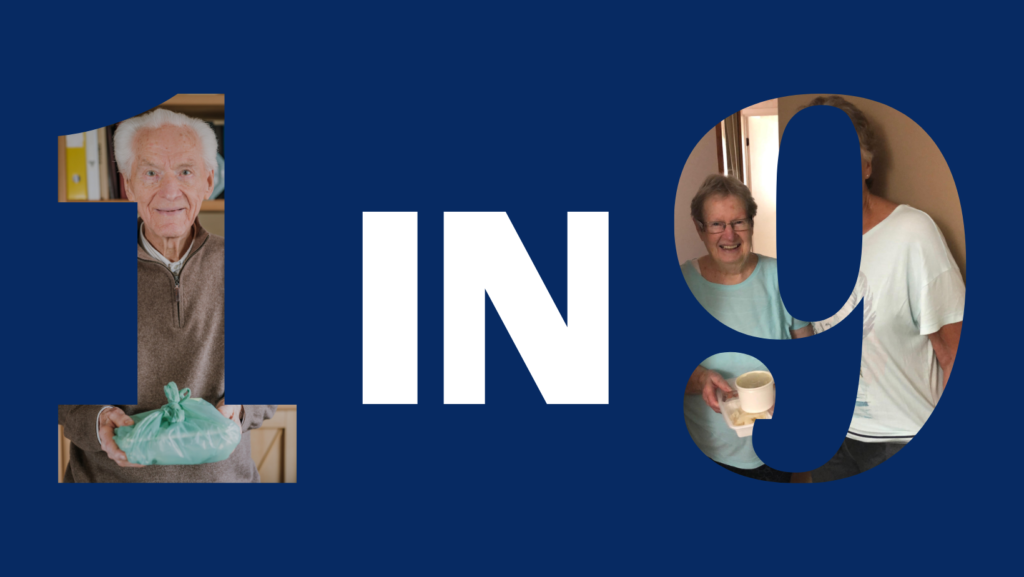
11.6% of food bank users in BC are seniors!
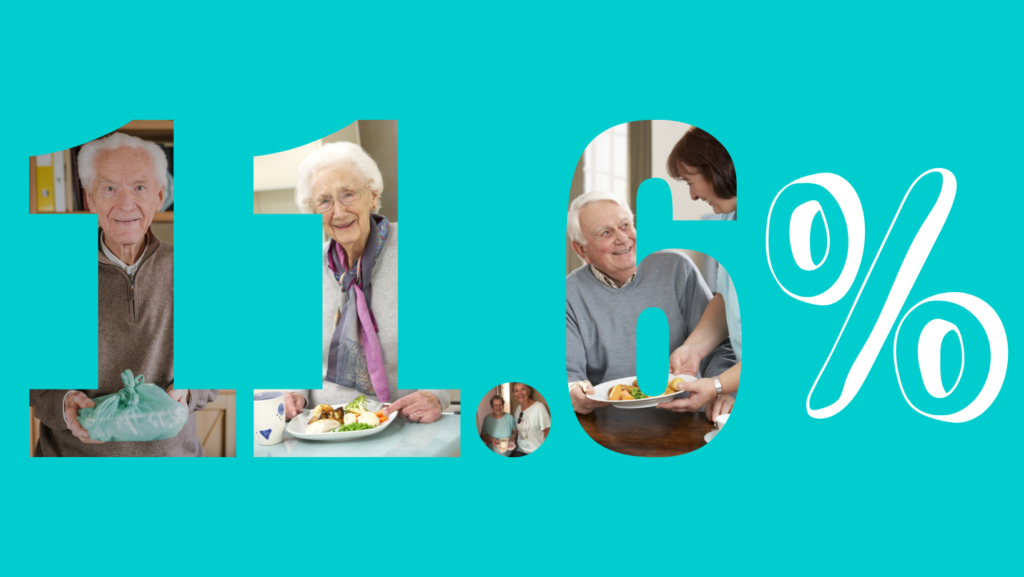
Pension Incomes in BC have risen by 14% in the past 5 Years, a lot less than minimum wage which has risen by 40% in the same time period.
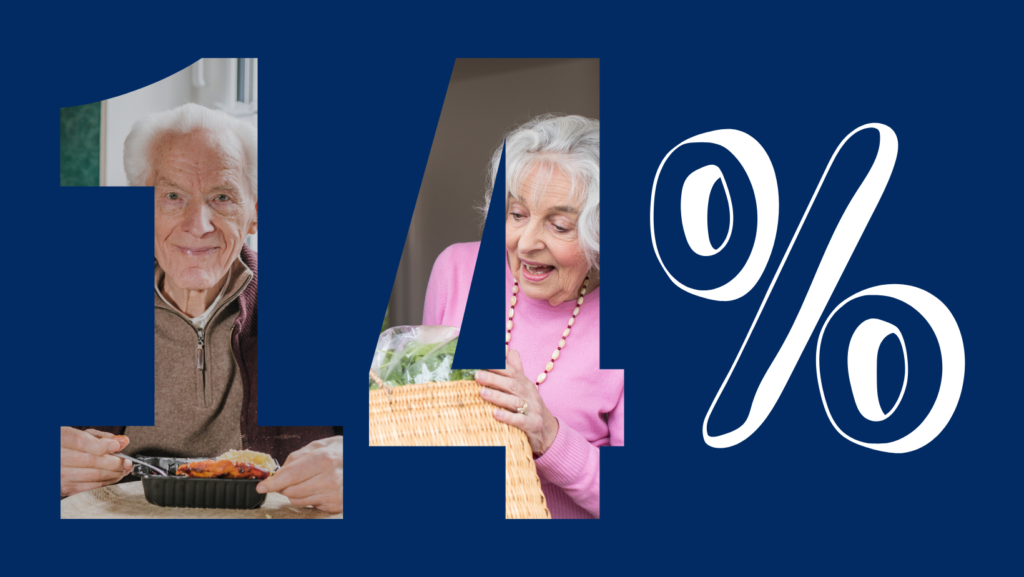
Out of 10,000 seniors, whose primary source of income is pensions, 84% ran out of money to buy food.
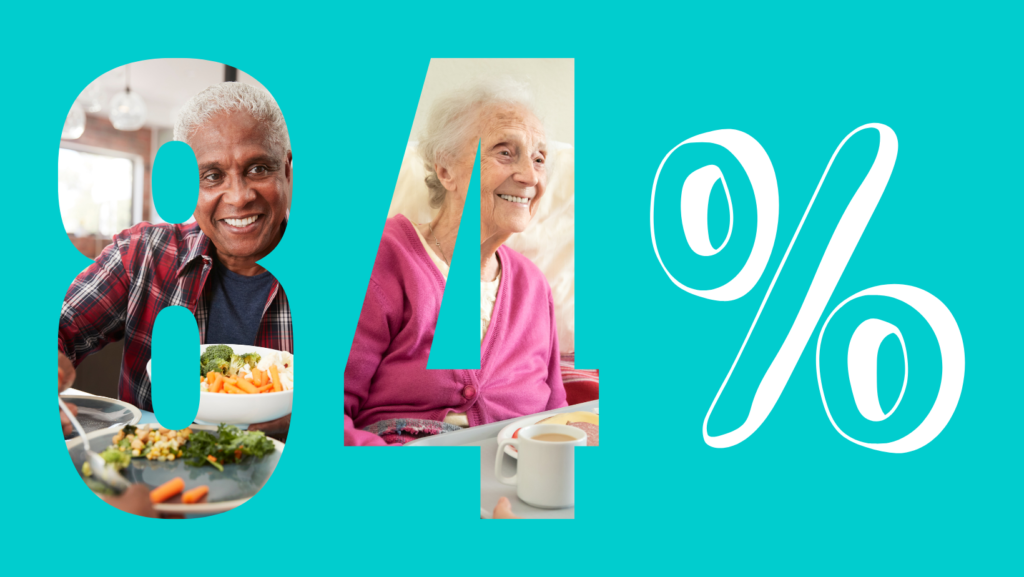
8.9% of food bank users in Canada are seniors, with the rate of increase far outpacing other age groups.
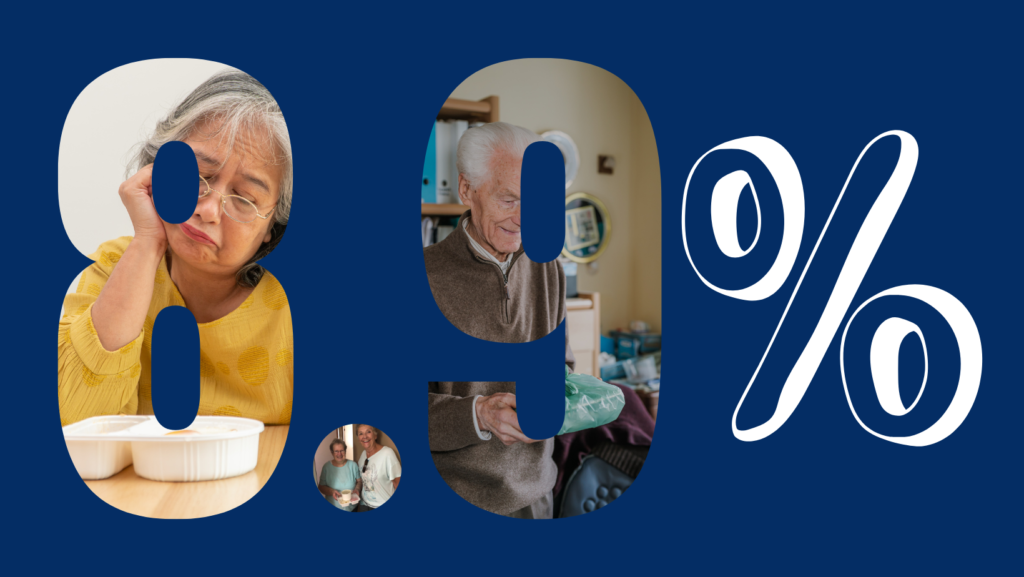
1 in 5 BC seniors struggle to afford housing! These seniors are spending more than 30% of their gross income on housing.
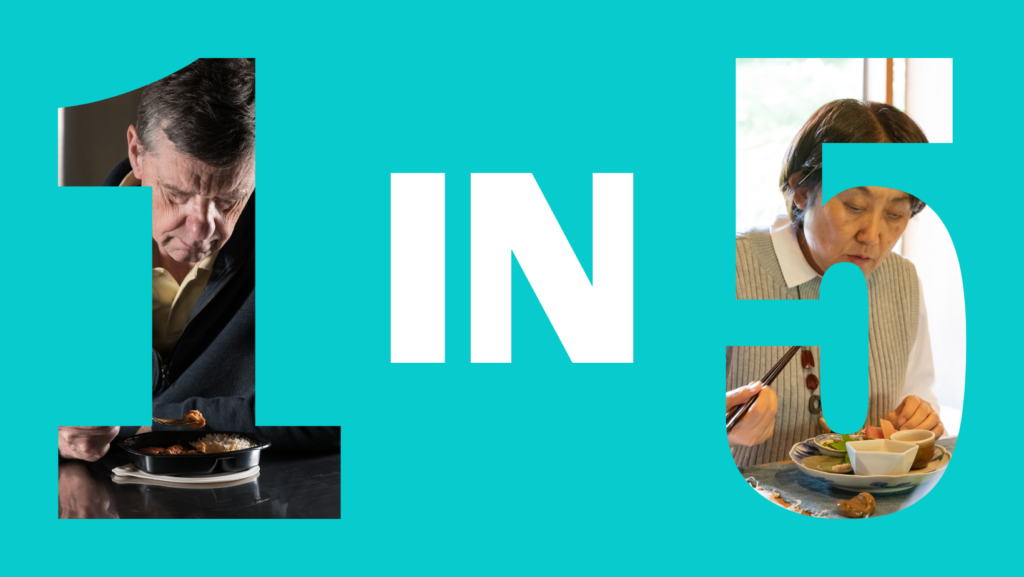
In 2015, 16.5% of seniors in Surrey, BC were living in poverty. That number is expected to have risen significantly in the last 5 years.
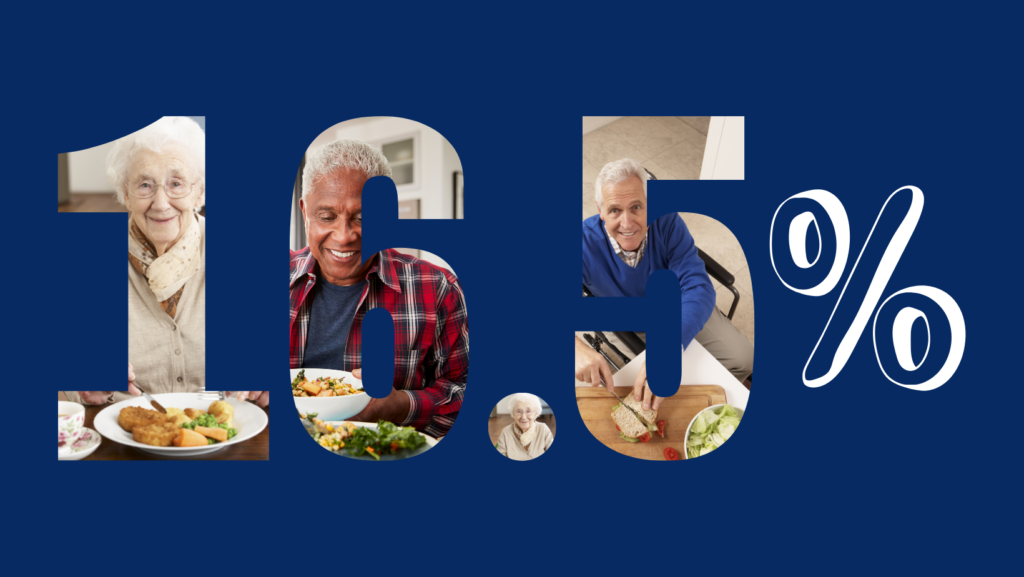
The number of seniors accessing food banks in Canada has increased by 20% in the past 2 years!
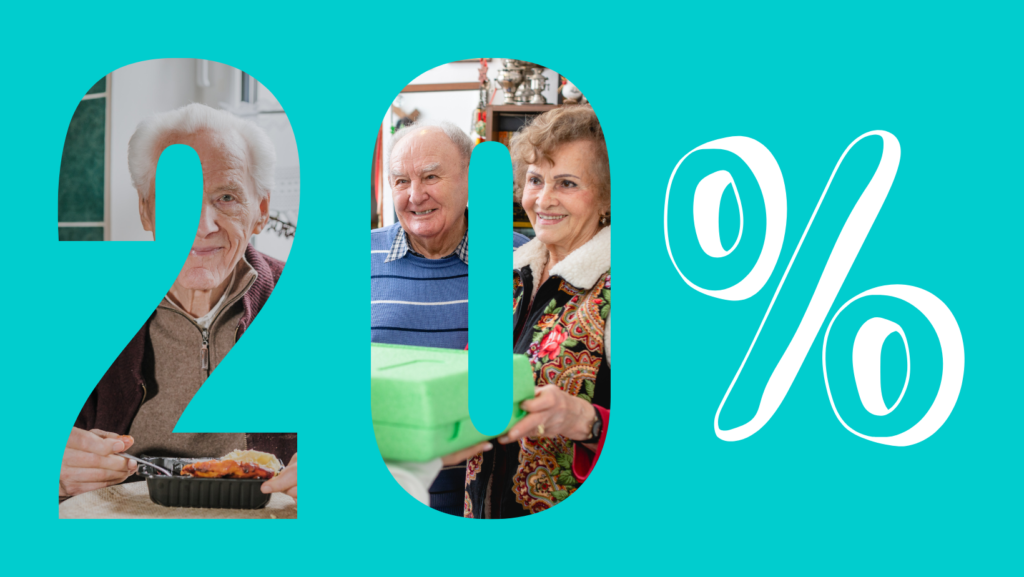
8.8% of BC seniors are living in poverty! The national average of seniors living in poverty in 6.6%.
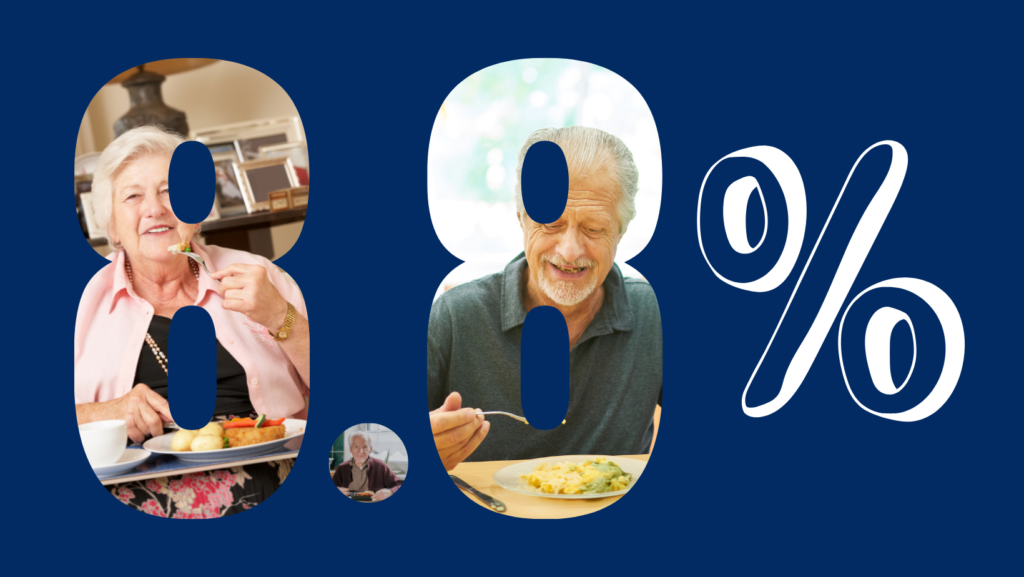
15% of seniors in Metro-Vancouver are living in poverty!
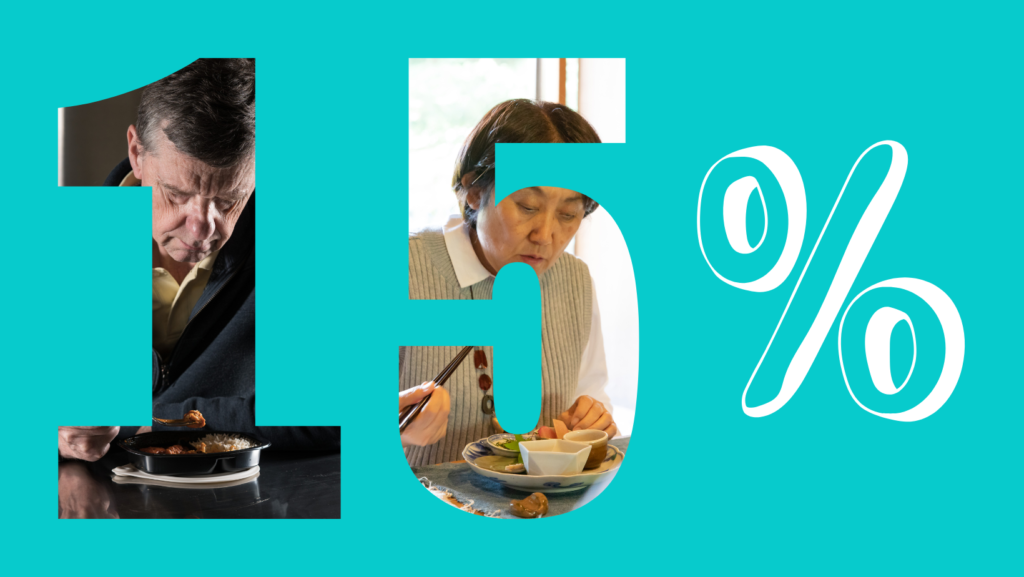
49% of food bank users in Canada are living off of social assistance, disability, CPP, OAP and other forms of low-income.
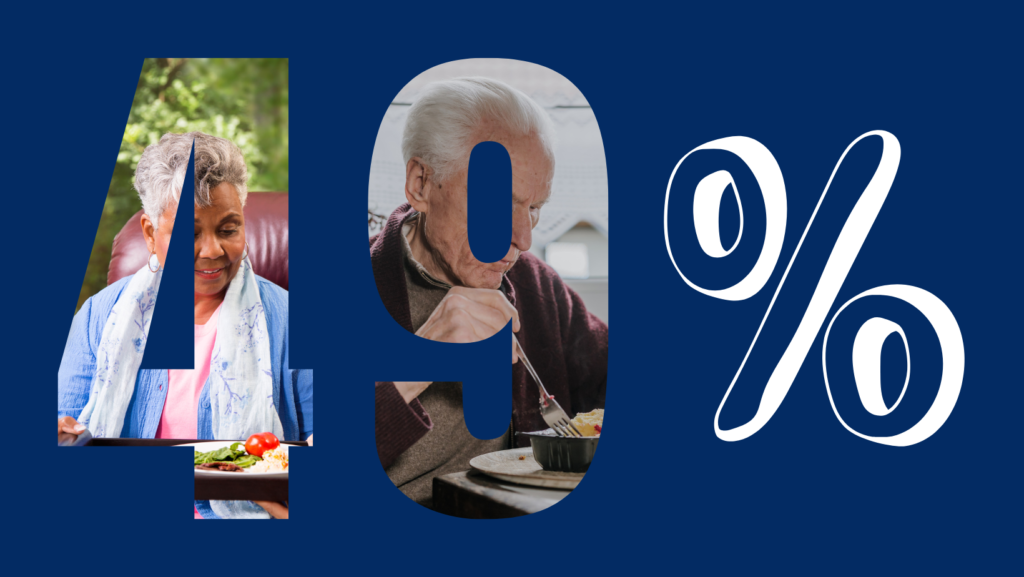
16.7% of food bank users in Canada receive provincial disability support.
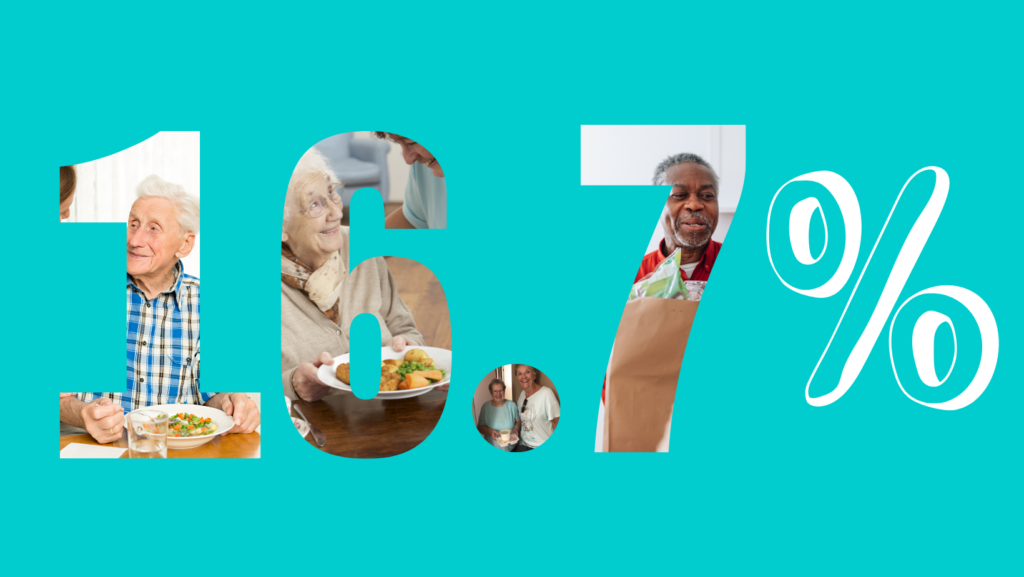
1 in 4 seniors in BC live on less than $21,000 per year. About half of seniors live on less than $31,000 per year!
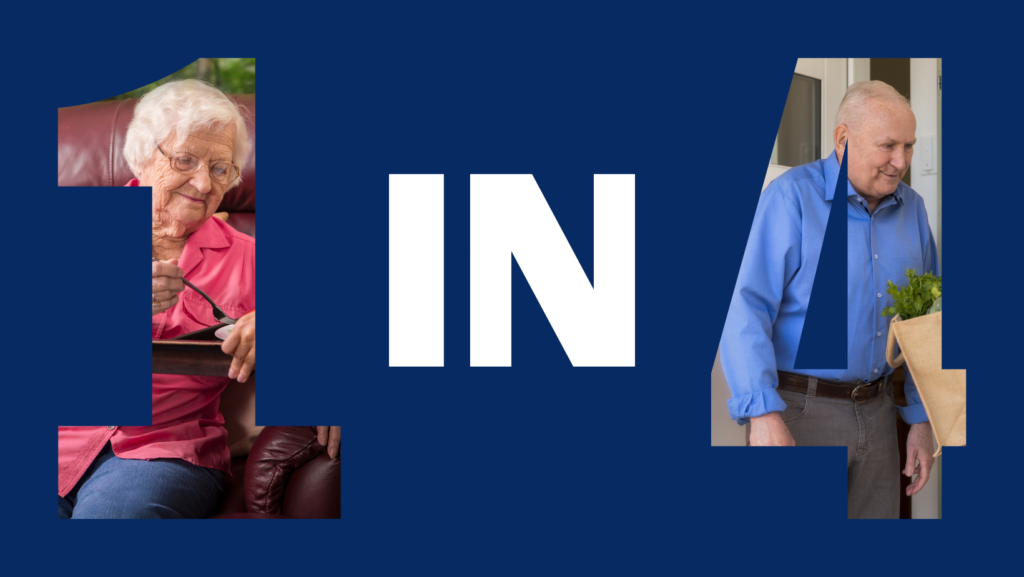
- Data Reference: Food Banks Canada Hunger Report – You can view the Hunger Report on their website: https://foodbankscanada.ca/
- Data Reference: BC Seniors Poverty Report Card – https://www.sparc.bc.ca/wp-content/uploads/2020/11/BC-Seniors-Poverty-Report-Card.pdf
